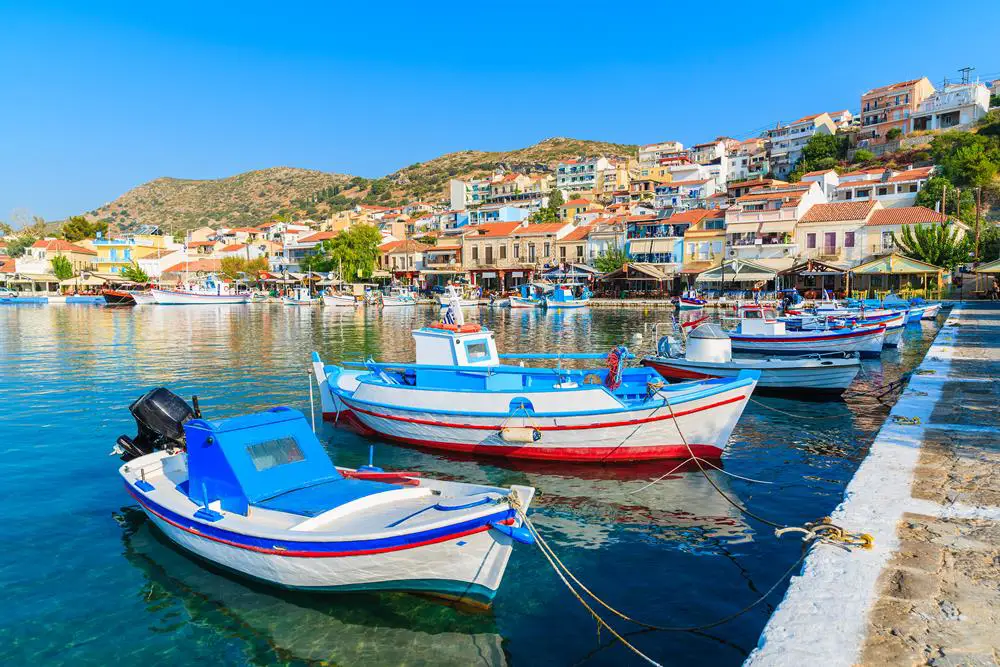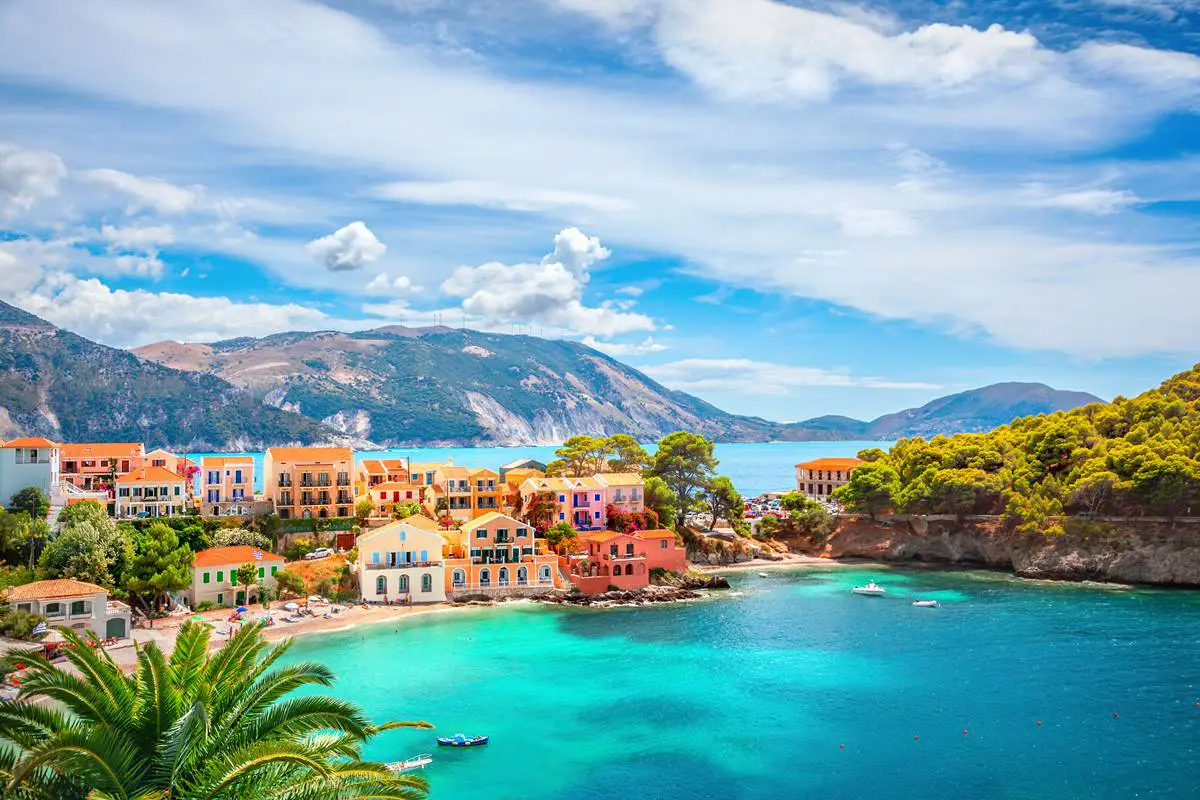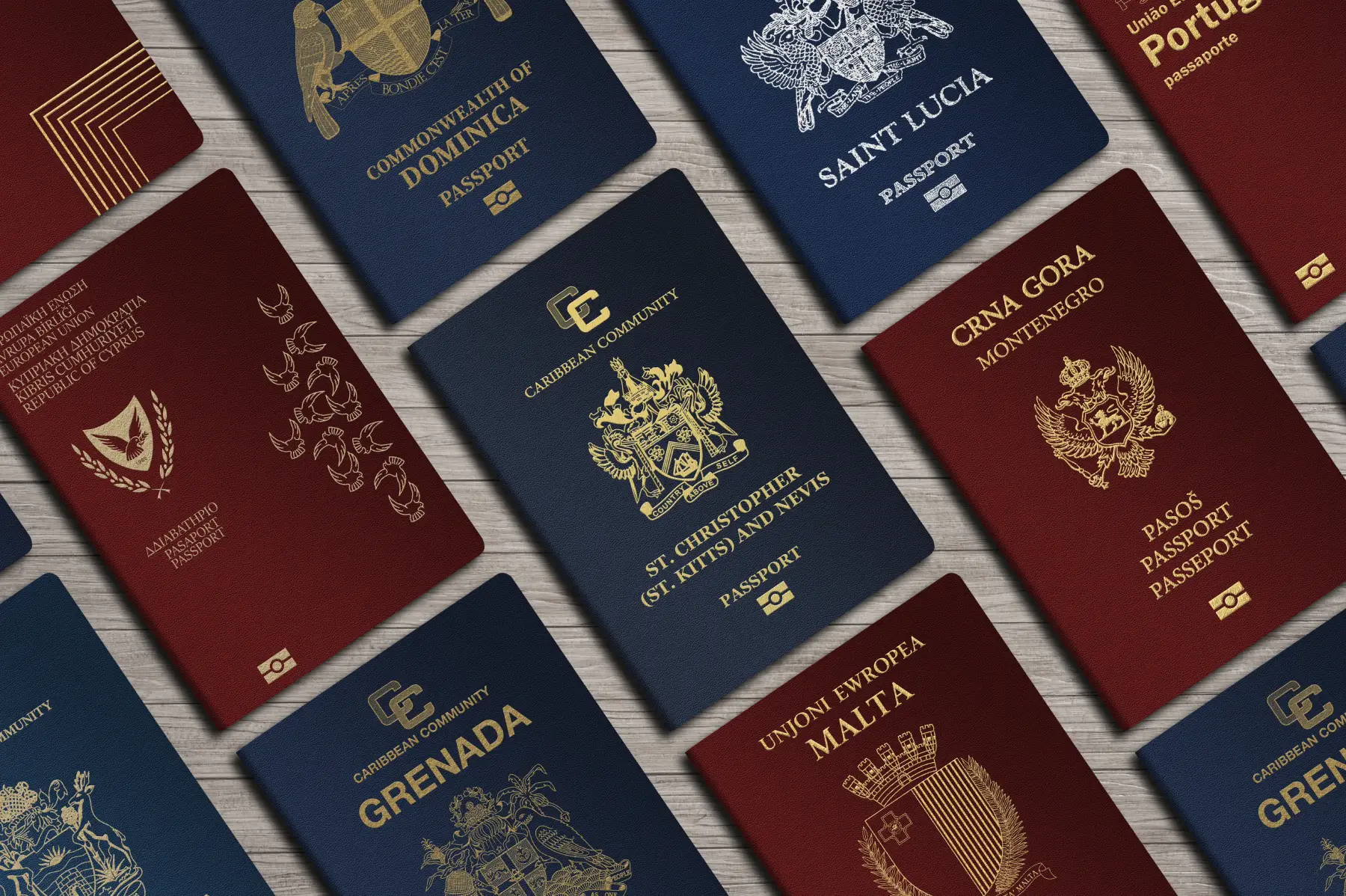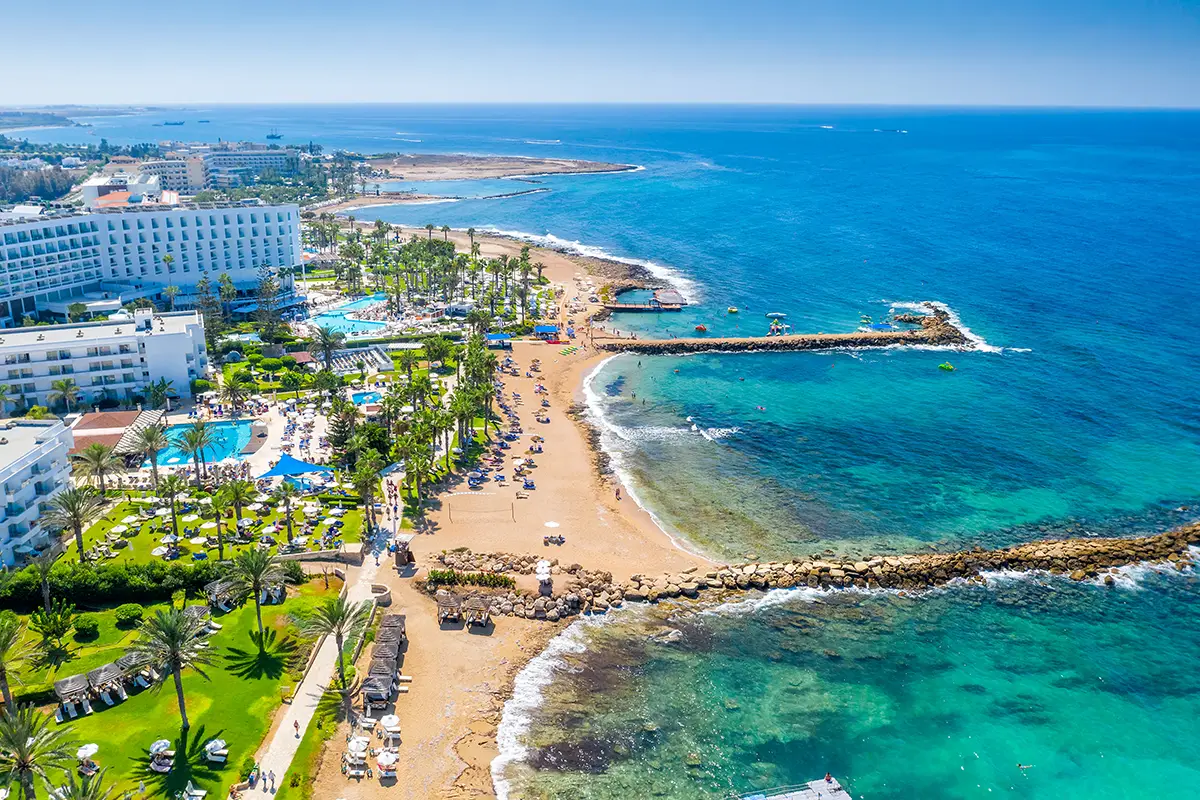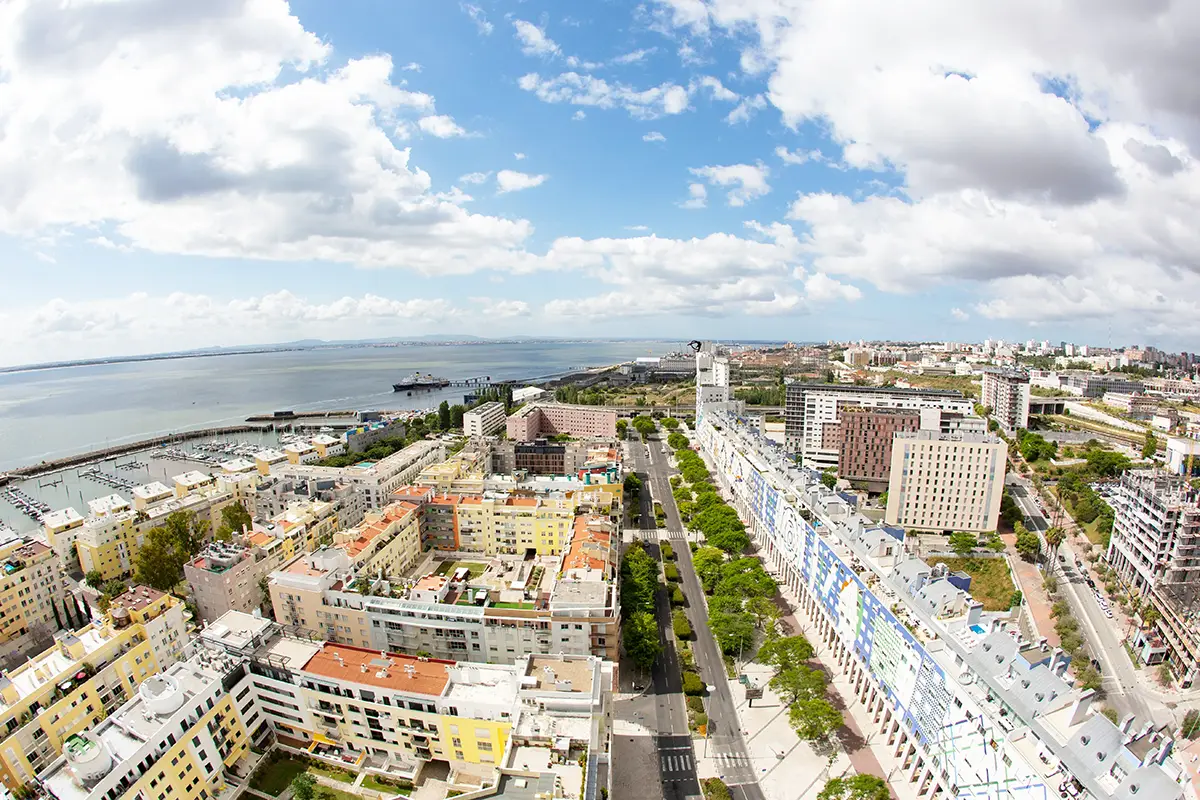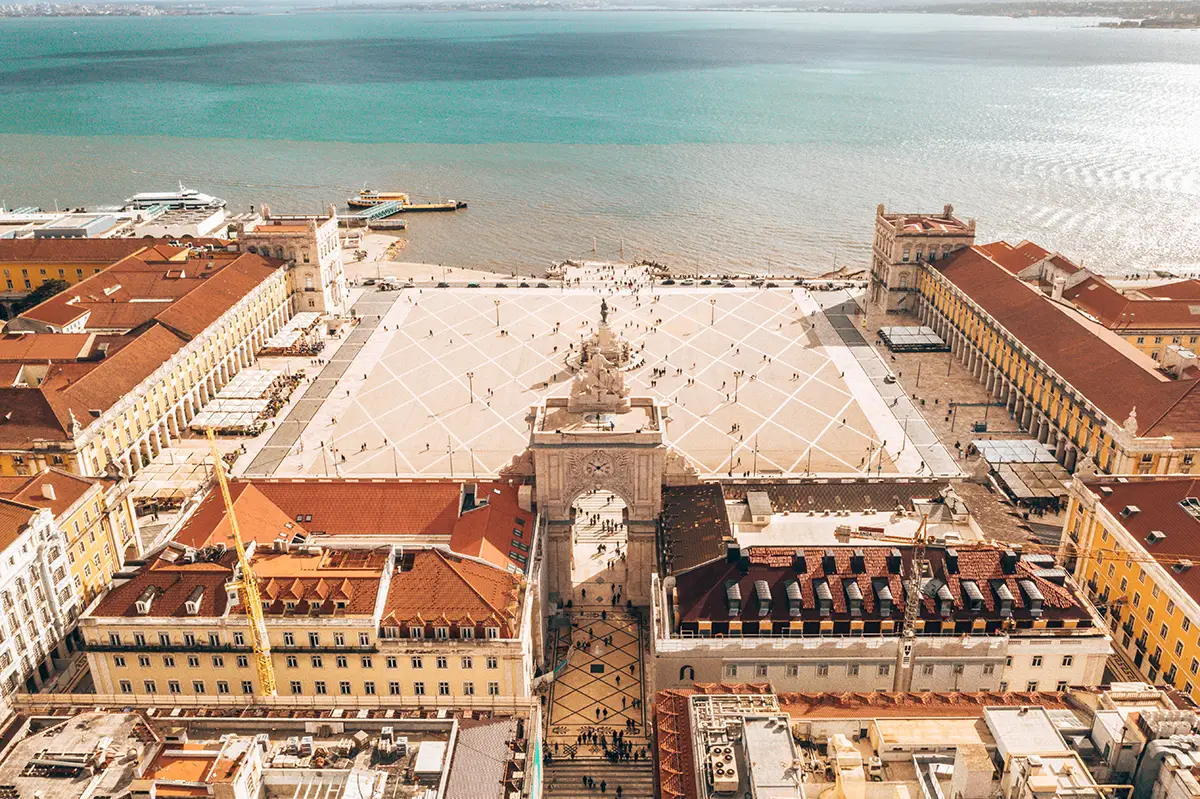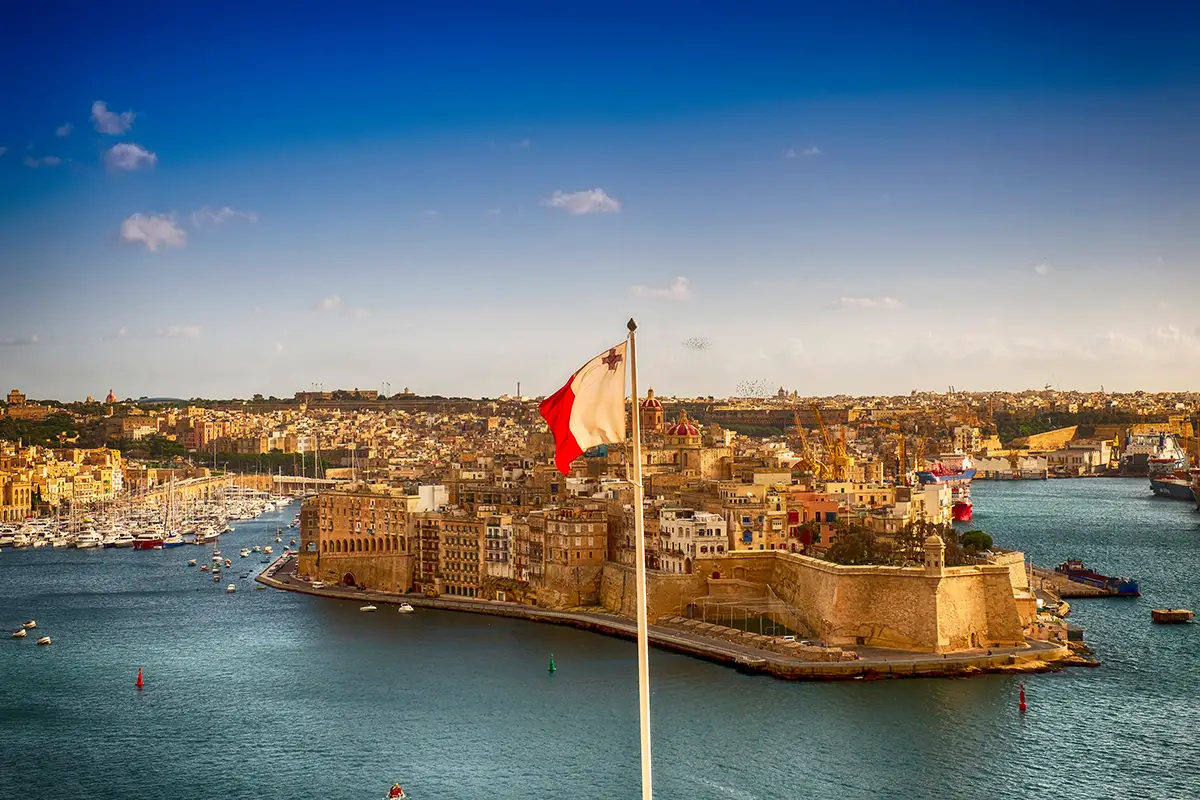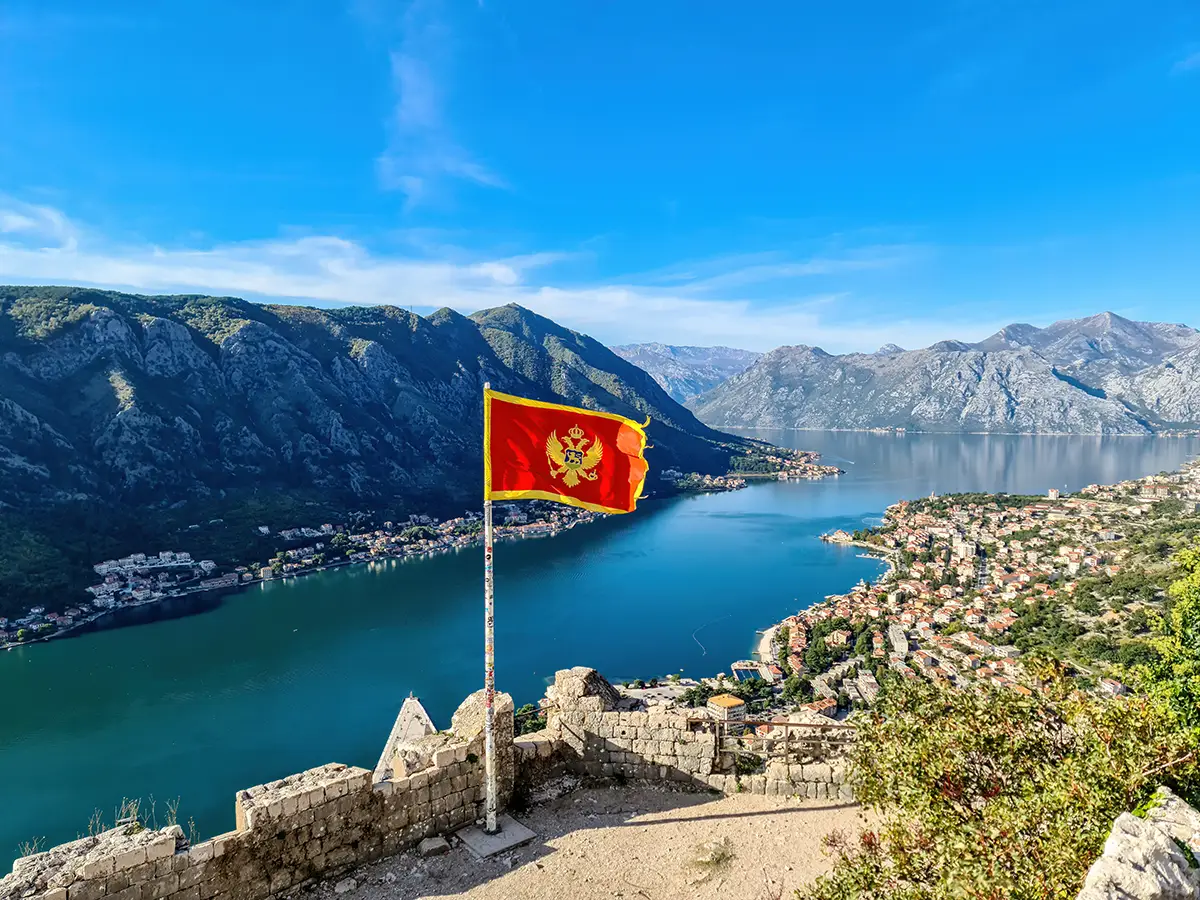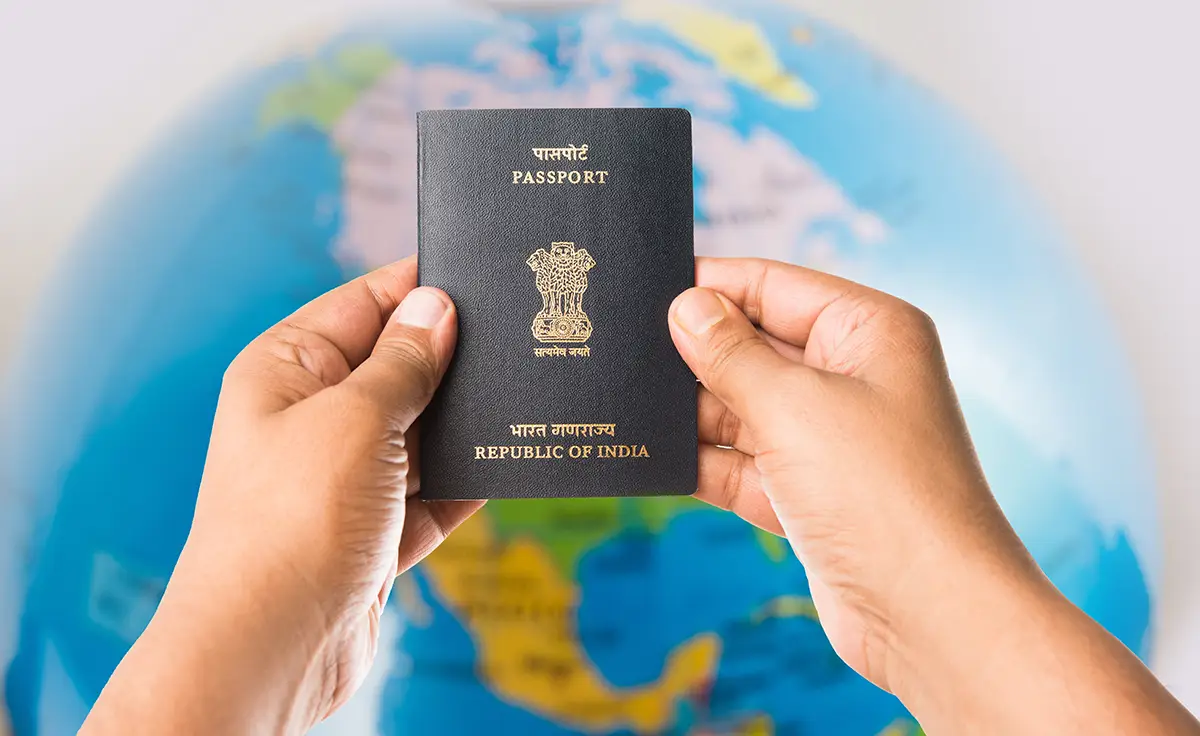2025 Update
During the October 2025 GCC–EU Joint Ministerial Meeting held in Kuwait, the topic of full Schengen Visa for GCC nationals resurfaced with renewed momentum.
GCC Secretary General Jasem Mohamed Albudaiwi highlighted the deepening strategic partnership between the two blocs and reaffirmed the GCC’s commitment to advancing the exemption initiative.
On the matter of Schengen visa for GCC nationals, “His Excellency Mr Albudaiwi also expressed his aspiration to continue working on developing practical and serious measures to achieve a full visa exemption between the Schengen Area in the EU and the GCC countries.”
He stated "that this step would not only facilitate travel procedures between the two regions but also create broader prospects for trade, investment, academic, cultural, and tourism exchanges."
Mr. Albudaiwi also referred that "this, in its entirety, supports sustainable economic growth, enhances human ties, and strengthens the bridges of understanding between the Gulf and Europe, especially since Gulf citizens have proven that their presence in EU countries is a positive one with numerous benefits for European nations.”
What is the Gulf Cooperation Council?
The Gulf Cooperation Council consists of six member states: Bahrain, Kuwait, Oman, Qatar, Saudi Arabia, and the United Arab Emirates.
It functions as a political and economic union with similarities to the European Union, though without the same level of fiscal or monetary integration.
Even so, the GCC remains one of the most influential regional blocs globally and the economic powerhouse of the Middle East and North Africa.
In recent years, it has intensified efforts toward deeper unity and greater standardisation, particularly in matters of mobility, visa frameworks and international travel policy.
The renewed push for Schengen visa exemption comes alongside the GCC’s ongoing effort to establish a common travel area among its member states, an initiative first announced in 2023 and still progressing.
This broader agenda aims to elevate the bloc’s international standing and streamline mobility both within the Gulf and between the GCC and major global partners.
It remains unclear whether the potential EU visa exemption would extend to GCC residency holders, as current discussions still focus primarily on citizens.
More details should emerge in the coming months following the October ministerial meeting, where Secretary General Jasem Albudaiwi reaffirmed the GCC’s commitment to “practical and serious measures” toward full visa exemption. Negotiations with the EU are expected to continue through 2025 and into 2026.
Gulf Cooperation Council: Efforts Toward Visa-Free Travel to the European Union
The most recent effort has been the push for the creation of a Schengen-like common travel area for GCC countries, where foreign travelers would only need to obtain a single visa to access the 6 GCC countries, not only increasing their own citizens’ mobility but also making itself more attractive and accessible to the broader international community.
The following information was written in 2024.
Now, the GCC is further dialing it down on cohesion. In the interview, Mr. AlBudaiwi announced that he would be traveling to Brussels, the European Union’s capital, and base of operations during the second week of Ramadan, to speak with his EU counterparts.
There, he plans to present a “strong file to obtain the (Schengen visa) exemption.” On the matter at hand, the Secretary-General added the following: “Our presence, as Gulf citizens, in Europe, is positive in terms of education, tourism, medical treatment, purchases or trade exchange (...).” Mr. AlBudaiwi also commented that he hopes this Schengen visa exemption will be achieved by the end of 2024.
Currently, GCC nationals must obtain a visa before entering any of the 29 European Countries, which are: Austria, Belgium, Bulgaria, Croatia, Czechia, Denmark, Estonia, Finland, France, Germany, Greece, Hungary, Iceland, Italy, Latvia, Lichtenstein, Lithuania, Luxembourg, Malta, the Netherlands, Norway, Poland, Portugal, Romania, Slovakia, Slovenia, Spain, Sweden, Switzerland.
With the current regime, each GCC national must apply separately to obtain a visa for an individual country.
With the Schengen visa for GCC nationals, entering the Schengen Area without a visa and simply follow the Schengen 90/180-Day rule to be in full compliance with the European Union’s law and regulations, including the upcoming EU Smart Borders policies that are set to be implemented in the 2025/2025 season.
Read more:
Schengen Visa Types: Which One Do You Need?
Traveling Around Europe & the Schengen Zone: Ultimate Guide

GCC Countries & Visa-Free Travel to the European Union: Could It include Residents?
In recent years, Gulf Cooperation Council countries have been revolutionizing and diversifying their economies, to not so heavily depend on the oil and gas industries, while also priming themselves to become global leaders.
Among the many measures introduced to achieve this goal is the introduction of exclusive Residency by Investment programs, which aim to attract international talent to establish themselves in the GCC region and to further improve and boost the countries’ economies.
For example, the UAE Golden Visa is dedicated to bringing people from diverse talents and backgrounds, including Real Estate investors. One of the best parts about the UAE Golden Visa is the fact that it is entirely self-sponsored, and individuals may apply if they qualify.
Saudi Arabia also has its own range of Golden Visa-inspired “Premium Residency” products, open to Real Estate investors seeking to obtain Residency in a GCC country.
Like the UAE Golden Visa, the Saudi Arabia Premium Residency solution is a self-sponsored visa, enabling any foreign citizen to apply as long as they are eligible.
It is possible that the visa-free exemptions could be extended to GCC Residency holders. However, it is likely going to be a more constricted version, possibly not allowing as many days of unrestricted travel.
Alternatively, and with a higher chance, this visa-free travel deal will probably only apply to Citizens. Obtaining a GCC passport is a notoriously difficult, time-consuming process.
What alternatives are there to get Visa-Free Travel to the Schengen Zone?
If you wan to travel freely in the Schengen Zone, then obtaining Residency in a GCC country like Saudi Arabia may not be ideal.
While the GCC countries are the perfect platform to venture and obtain substantial returns on financial investments, their international mobility score tends not to be the highest.
In the scenario of unlocking more of the world to travel and explore, regardless of reason, then the best place to invest is in a European Union country directly.
The best Golden Visa program can currently be found in Greece, as it enables foreign investors to become EU Residents through the acquisition of Real Estate.
Even though Portugal no longer allows real estate investments for the Golden Visa, it still competes in the European Residency by Investment landscape with its D2 Visa program.
Unlocking Your Second Residency & Citizenship with Investment Visa
Investment Visa is the Global Leader in Residency & Citizenship by Investment programs, and we have a wide array of services available to all investors seeking a second passport or residency abroad.
With a firm presence established in Europe, in countries like Portugal and Greece, in the Caribbean, where Citizenship by Investment programs prevail, and the Middle East, in Qatar & the UAE, where Investment Visa is also based, having an office in Dubai.
Led by a team of industry veterans with multiple decades of experience, Investment Visa prides itself on having led thousands of investors to a brighter future. Contact Investment Visa today to find out more about our exclusive packages.








































